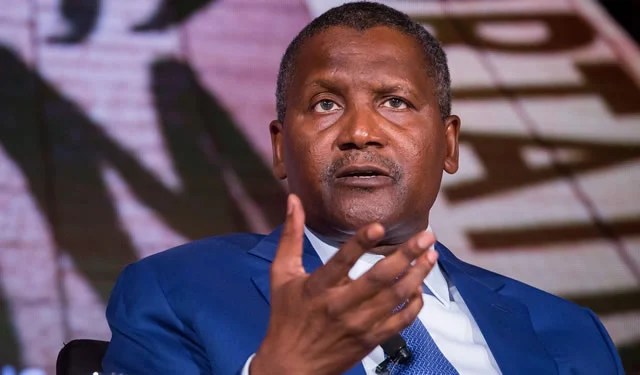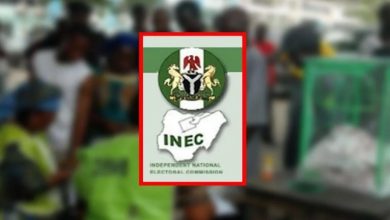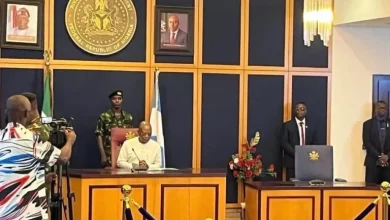
Minister of Industry, Trade and Investment Otunba Adeniyi Adebayo, has disclosed that the nation’s auto policy is ready and will soon be sent to the National Assembly as an executive bill for speedy passage and thereafter forwarded to President Muhammadu Buhari for assent.
The minister, who was represented by Mr Jelani Aliyu, the Director-General of the National Automotive Design and Development Council (NADDC), stated this in Abuja at the opening ceremony of the 22nd edition of the annual Abuja International Auto Fair.
The Minister said the policy known as National Automotive Industry Development Plan (NAIDP) was introduced in 2014 by the Federal Government to encourage local assembling of vehicles became contentious as Buhari failed to give his assent even though the lawmakers had passed the bill. It was sent back for a review.
He said all stakeholders including relevant government agencies and private sector players were allowed to make input in the latest review.
“This bill now at the Federal Ministry of Industry, Trade and Investment will be going back to the National Assembly as an executive bill and it is expected to receive express passage and presidents assent.
“It is a holistic review; we’ve asked all stakeholders to make input.”
This even as Dangote SinoTruck West Africa Limited, decried the country’s forex Crisis lamenting that exchange rate has recorded 35% increase within a short period.
Adeola Adeokun, the company’s Deputy Manager, Sales and Marketing, said there is need for the government to intervene to check the high Forex rate in order to save local production of goods including vehicles.
Accordingly, the development is giving undue advantage to companies importing fully built vehicles while making things difficult for those that create jobs.
“As today there are economic challenges all over and we are part of the global market. This event is part of what provides an opportunity for us to showcase our products and from what we are seeing now, we can say the patronage is very low this shows that we need to rejig the economy. But a lot of our trucks are on the road, people are buying but we still need to do more.
“Most particularly, we need the government to intervene in the area of Foreign Exchange or Forex, because now, we assemble, we manufacture, before now, forex was at 10% but now they have raised it to 35%. And don’t forget that we are competing with other companies bringing in the same type of products, so it is cheaper for those that bring in the products from outside. And because we assemble we create jobs, we have so many staff, we pay overheads. So in a nutshell, the government needs to make the forex more accessible and available to us being the manufacturers” he said.
Meanwhile speaking in his capacity as the NADDC DG, Jelani Aliyu said the auto industry remained crucial to the development of the nation’s economy, adding the agency was on course with the NAIDP to be a tool to transform the industry, despite its implementation challenges.
According to him, many automakers including Toyota and Volkswagen have agreed to set up plants in Nigeria after their conviction in the merits of the auto industry plan.
He said over 30,000 Nigerian youths had been training in modern auto technology, just as he disclosed that 18 auto training centres were established across the country for this purpose.
He urged Nigerians to patronize Nigeria-assembled vehicles to increase job creation and boost auto business in Nigeria.
Chairman Organising Committee for Abuja auto fair and Managing Director of BKG Exhibition Limited, Ifeanyi Agwu, said the annual event has played a major role in the development of the nation’s auto sector and Abuja as a viable business centre.
“About 98 percent of auto companies in Abuja today were brought into the city through the motor fair.”
He lamented the prolonged neglect of the industry by the government despite its importance to the national economic growth.
“I don’t know how the auto companies are able to stay afloat in the face of high exchange rate among other challenges,” he said.
Leadership






